New Scientist covers the latest developments in science and technology that will impact your world. New Scientist employs and commissions the best writers in their fields from all over the world. Our editorial team provide cutting-edge news, award-winning features and reports, written in concise and clear language that puts discoveries and advances in the context of everyday life today and in the future.
Rules of engagement • Billionaires must not be given free rein to geoengineer the planet
New Scientist
A once-in-a-millennium sight
Are we ready to dim the sun? • An exclusive New Scientist survey of climate scientists reveals concerns about schemes to tweak Earth’s atmosphere to cool the planet, find James Dinneen and Madeleine Cuff
Which of these represent the most serious risks of solar radiation modification (SRM), in your view?
At what level of warming do you think SRM deployment should be seriously considered, if any? (°C above preindustrial average)
Taming the sun’s power • There are three basic solar geoengineering methods
Does the world need a new international treaty or convention to govern potential deployment of solar radiation modification (SRM)?
Do you anticipate countries or private groups will attempt to deploy large-scale SRM this century?
Do you agree or disagree with this statement: “We should consider deploying SRM if the world’s emissions trajectory means we are certain to breach the 2°C global average warming target under the Paris Agreement.”
Feeling through another person’s hand • A brain implant has helped a man with paralysis feel objects using someone else’s hand – and might one day allow people to share experiences remotely, explains Carissa Wong
The centre of our galaxy may be teeming with dark matter particles
Fossil find rewrites how sauropods got their long necks
Early hominin had the strength of a gorilla and a very firm handshake
Artificial sweeteners may help your gut microbiome
The AI bubble is heading towards a burst, but it won’t be the end of AI • Economists, bankers and even the boss of OpenAI are warning of a rapidly inflating AI bubble. If and when it pops, what will happen to the technological breakthroughs of the past few years, asks Matthew Sparkes
Is this what killed the Neanderthals? • Neanderthal-human hybrids may have been scourged by a genetic mismatch
School phone bans may have surprising impact on socially vulnerable
A distant comet is forming new rings while we watch on
Do you like scary movies? • The prevailing wisdom is that horror fans lack empathy and are addicted to adrenaline. My research shows otherwise, says Coltan Scrivner
Future Chronicles • The end of prison By 2050, a self-monitoring system for criminals had replaced many prisons, leading to a drop in crime, predicts Rowan Hooper in his regular look at inventions yet to come
Showstoppers
Power of pragmatism • In the run-up to this year’s COP summit, Madeleine Cuff explores an excellent and poignant account by a negotiator who showed what diplomacy can achieve
Staying alive – for now • Why does it matter that rich tech bros are out to cheat death? Graham Lawton finds out in a brilliantly troubling new book
New Scientist recommends
The road not taken • A distressing documentary shows how George H. W. Bush might have helped avert climate disaster. It is a vital wake-up call, says Bethan Ackerley
Your letters
Your hidden helper • Our lymphatic system has long been overlooked, but it may hold the key to treating everything from dementia to cancer, finds Carissa Wong
Burning up • Satellites are incinerated in the atmosphere at the end of their lives, creating pollution that will...
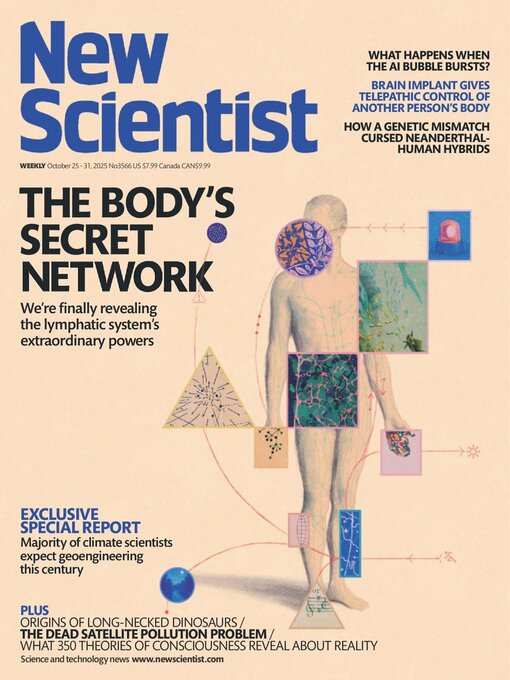
 Feb 28 2026
Feb 28 2026
 Feb 21 2026
Feb 21 2026
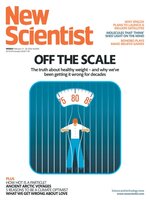 Feb 14 2026
Feb 14 2026
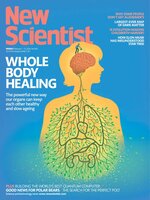 Feb 07 2026
Feb 07 2026
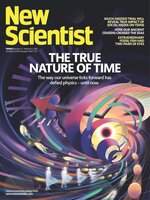 Jan 31 2026
Jan 31 2026
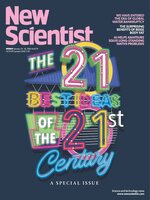 Jan 24 2026
Jan 24 2026
 Jan 17 2026
Jan 17 2026
 Jan 10 2026
Jan 10 2026
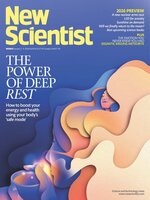 Jan 03 2026
Jan 03 2026
 Dec 27 2025
Dec 27 2025
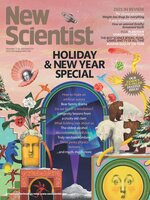 13-26 December 2025
13-26 December 2025
 Dec 06 2025
Dec 06 2025
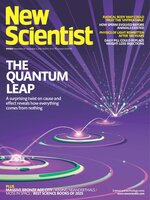 Nov 29 2025
Nov 29 2025
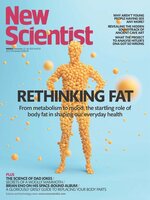 Nov 22 2025
Nov 22 2025
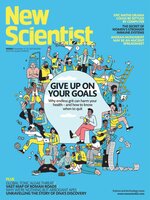 Nov 15 2025
Nov 15 2025
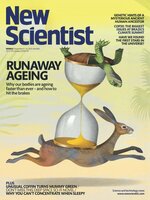 Nov 08 2025
Nov 08 2025
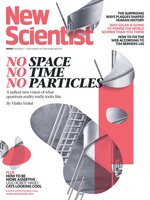 Nov 01 2025
Nov 01 2025
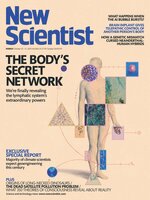 Oct 25 2025
Oct 25 2025
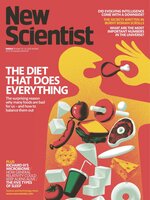 Oct 18 2025
Oct 18 2025
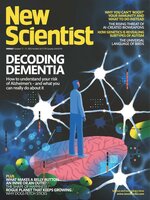 Oct 11 2025
Oct 11 2025
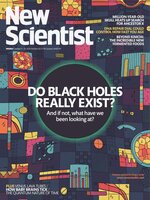 Oct 04 2025
Oct 04 2025
 Sep 27 2025
Sep 27 2025
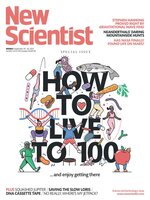 Sep 20 2025
Sep 20 2025
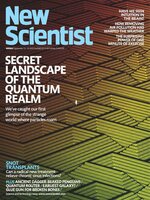 Sep 13 2025
Sep 13 2025